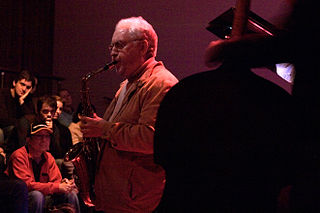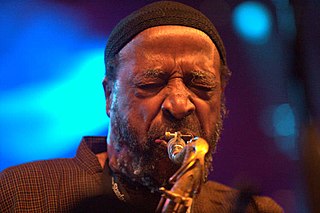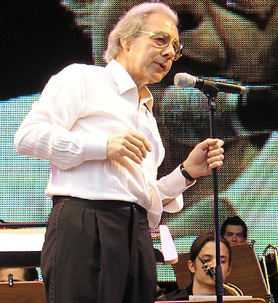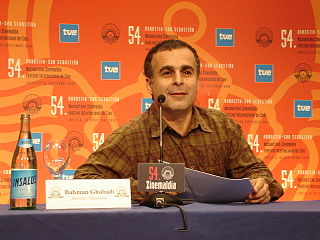A Quote by Lee Konitz
I love Indian music very much, but I haven't studied that specifically.
Quote Topics
Related Quotes
Each culture has some knowledge. That's why I studied with Saj Dev, an Indian flute player. That's why I studied Stockhausen's music. The pygmies' music of the rain forest is very rich music. So the knowledge is out there. And I also believe one should seek knowledge from the cradle to the grave. With that kind of inquisitiveness, one discovers things that were unknown before.
I loved statistics from a young age. And I studied very much in Sweden. I used to be in the upper quarter of all courses I attended. But in St. John's, I was in the lower quarter. And the fact was that Indian students studied harder than we did in Sweden. They read the textbook twice, or three times or four times.
I was very young, maybe five. The opera was very... I was attracted to opera to the point that I think it's the reason I started to write music for films. I never studied. There are film and music school that teach you how to write music. I never studied that. But the influence of opera, which is a combination of storyline, visuals, staging, plus music... that was perhaps the best school I could have had. That's what gave me the idea of coming to Hollywood to write music for films.
I basically love classical music. I love a lot of musicians playing together and the whole culture of that whether it's Indian or it's Western. But in India, I think it's limited to filler music unfortunately. That's one thing I want to push in India where we have the infrastructure of an orchestra where you play Indian melodies with an orchestra and something different for a universal audience. It requires a lot of work from me.


































